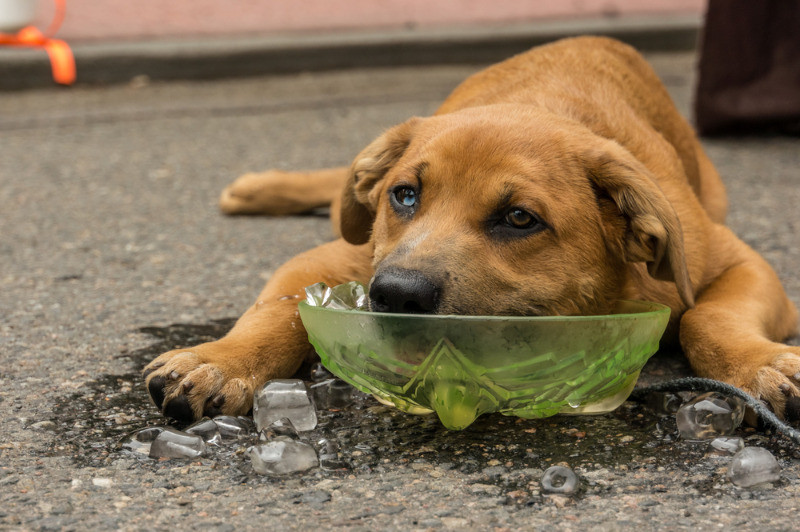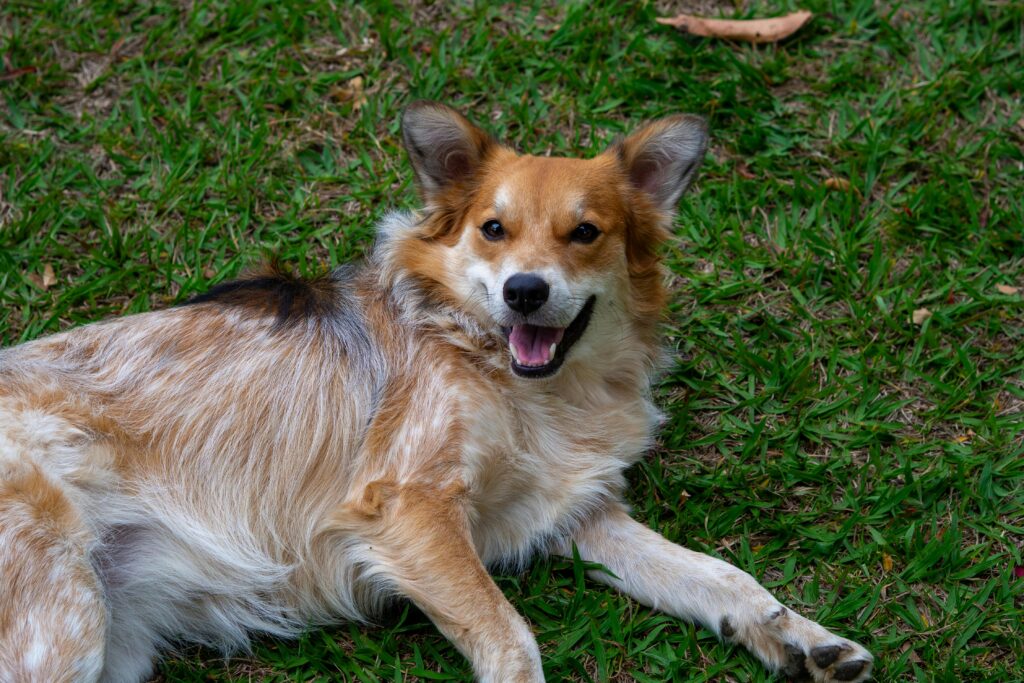- The Emotional Connection: Why Some Dogs Attach to One Person for Life
- 1. Understanding Canine Attachment
- 2. Why Do Some Dogs Attach to Only One Person?
- 3. The Science Behind Canine-Human Bonding
- 4. Signs That Your Dog Has Bonded With You for Life
- 5. How a Dog’s Past Influences Their Attachment Style
- 6. Strengthening the Emotional Bond With Your Dog
- 7. Can a Dog’s Attachment Change Over Time?
- 8. The Role of Separation Anxiety in Deeply Attached Dogs
- 9. The Emotional and Psychological Benefits of a Lifelong Bond
- Conclusion
The Emotional Connection: Why Some Dogs Attach to One Person for Life
Dog bonding with one person is not very simple and easy. A dog’s bond with a person should be like that of a friend, relative, and companion. There is something profoundly moving about the way a dog chooses one person to love and stay devoted to for life. This bond is not just about companionship—it is a connection built on trust, love, and an unspoken understanding that transcends words.
But why do some dogs form such deep attachments to a single person, while others are more open with their affection? Is it nature, nurture, or something more profound? In this article, we explore the emotional and scientific reasons behind a dog’s unbreakable bond with their chosen person, uncovering the magic that makes this connection so special.
1. Understanding Canine Attachment
Dogs are social animals that thrive in packs, whether in the wild or within human families. Just as wolves follow an alpha in the wild, domesticated dogs form attachments to the people they see as their caregivers, protectors, and providers of love.
From the moment they are puppies, dogs learn to trust and bond with humans who offer them safety, affection, and consistency. The strength of this attachment depends on various factors, including early experiences, socialization, and the quality of interaction they receive from humans.
Dogs don’t just love us because we feed them—they love us because they feel safe, understood, and valued.
2. Why Do Some Dogs Attach to Only One Person?
While many dogs love multiple people in their family, some form a unique attachment to just one. Here’s why:
- Trust and Security: Dogs, like humans, seek stability. If one person consistently meets their emotional and physical needs, they become the “safe space” for the dog.
- Breed-Specific Traits: Certain breeds, such as Chihuahuas, Akitas, and Australian Shepherds, are naturally inclined to bond closely with one person rather than spreading their affection.
- Matching Energy Levels: Dogs often bond with the person who matches their personality. A calm dog may prefer a quiet and gentle owner, while a high-energy dog might attach more to an active individual.
- Time and Attention: The person who feeds, trains, and spends the most time with the dog is usually the one they bond with the most.
3. The Science Behind Canine-Human Bonding
The attachment between dogs and humans is not just emotional—it’s also chemical.
- Oxytocin, the Love Hormone: When a dog stares into their owner’s eyes, oxytocin levels rise in both the dog and the human, strengthening their emotional bond.
- Scent and Voice Recognition: Dogs use their powerful sense of smell to recognize their chosen person, associating their scent with comfort and love. They can also pick out their favorite human’s voice in a crowd.
- Scientific Studies: Research confirms that dogs see their owners as family, much like human children see their parents. This is why they look to their owners for guidance and reassurance in unfamiliar situations.

4. Signs That Your Dog Has Bonded With You for Life
If your dog has chosen you as their “person,” they will show it in many ways:
- Following You Everywhere: If your dog insists on being by your side, even in the bathroom, they feel a deep connection with you.
- Excited Greetings: The way your dog reacts when you come home—whether it’s joyful barking, tail wagging, or jumping—shows their emotional attachment.
- Separation Anxiety: Some deeply bonded dogs feel stressed when left alone, which can manifest as whining, pacing, or destructive behavior.
- Protective Behavior: If your dog positions themselves between you and strangers or reacts when they sense a threat, it’s a sign of deep loyalty.
5. How a Dog’s Past Influences Their Attachment Style
A dog’s history plays a significant role in how they form attachments.
- Rescue Dogs and Loyalty: Many rescue dogs develop an intense bond with their new owner, especially if they were previously neglected or abandoned.
- Trauma and Trust Issues: Dogs that have experienced trauma may take longer to trust but often form deeper attachments once they feel safe.
- Importance of Patience: If a dog has been mistreated, it may take time and effort to earn their trust, but once gained, their loyalty is unbreakable.
6. Strengthening the Emotional Bond With Your Dog
To deepen your bond with your dog:
- Spend Quality Time Together: Regular walks, play sessions, and snuggles reinforce emotional connection.
- Use Positive Reinforcement: Reward good behavior with treats and praise to build trust.
- Communicate Clearly: Dogs understand tone and body language, so speak gently and respond to their cues.
7. Can a Dog’s Attachment Change Over Time?
While dogs can form new bonds, their primary attachment is often lifelong. However, circumstances such as rehoming or major lifestyle changes can shift their attachment. If a dog has to be rehomed, patience and consistent care from their new owner can help them adjust.
8. The Role of Separation Anxiety in Deeply Attached Dogs
Dogs that form deep attachments may experience distress when separated from their owner. To ease their anxiety:
- Create a Consistent Routine: Predictability helps dogs feel secure.
- Provide Comfort Items: Leaving behind an item with your scent can ease stress.
- Gradual Training: Teach them that being alone is safe and temporary.
9. The Emotional and Psychological Benefits of a Lifelong Bond
Having a dog that loves you unconditionally can:
- Reduce stress and anxiety
- Provide emotional support during difficult times
- Improve overall well-being and happiness
Conclusion
A dog’s love is one of life’s greatest gifts. Their devotion is pure, unwavering, and lifelong. If you’re lucky enough to be your dog’s chosen person, cherish that love—because to them, you are their whole world.
Please don’t forget to leave a review.




